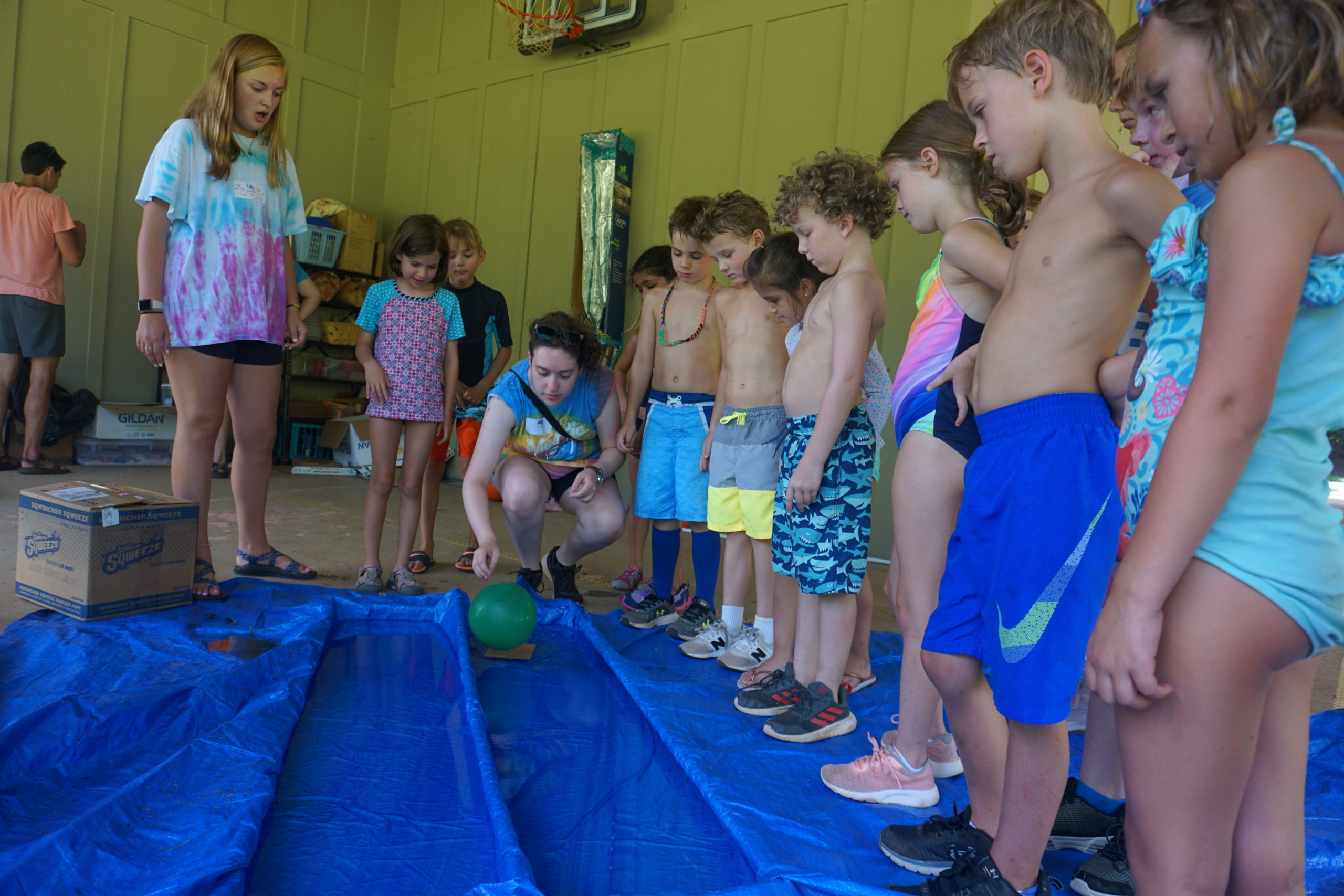For more than 45 years High Meadows has offered a traditional day camp as well as a school. Our guiding principles are the same but our goals are somewhat different.
High Meadows Camp will:

The High Meadows community celebrates and perpetuates each individual’s quest for knowledge and skill, sense of wonder, and connection to the natural environment. We empower each to be a compassionate, responsible, and active global citizen.
The High Meadows community values and supports diversity in all its dimensions, including but not limited to each person’s unique combination of race, ethnicity, gender identity, sexual orientation, socio-economic status, age, physical ability, learning style, religious beliefs, political views, perspectives, and life experiences.
By embracing diversity, we expand our understanding of others, stimulate our own learning and growth, and connect with one another and the world. Moving beyond simple tolerance builds a safe, positive, and nurturing environment that expands each individual’s enduring sense of belonging and significance.
“High Meadows offers a camper a variety of experiences, each of them pointing to the goal of self discovery and expansion in an atmosphere of fun. In relaxed and non-competitive situations, the camper is encouraged to branch out into new areas to gain confidence and to strive for proficiency in those areas in which he is already competent. The emphasis is always on personal improvement and the satisfaction gained therefrom, never on keeping score or bettering someone else. Anyone who has seen the light in a child’s eyes as he scores his first bullseye on the archery range, or pulls his first print from the developing solution in the darkroom, or dunks his head under the water in the pool for the first time, will be able to understand this philosophy. In a day when kids enter academic and athletic competition at such early ages, High Meadows offers an alternative approach for the summer – competition is confined to the area of self-improvement and learning, not graded, but viewed as a step toward a child’s self-awareness.”
~ Ham Kimzey, one of the first counselors